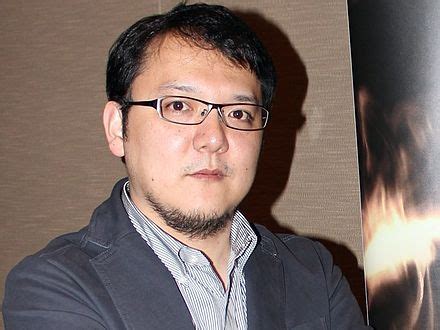A Quote by Eartha Kitt
When the people who are responsible for our country ask you a direct question, I expect them to accept a direct answer, not to be blackballed because you are telling the truth.
Related Quotes
When I work, I'm the actor. I'm going to do my job. I'm not going to direct the movie. If I wanted to direct it, I would direct it. I wanted J.J. Abrams to direct Mission: Impossible. I work with people that I respect. I expect them to do their jobs, and I will do mine. And I am there as a producer to help in any way, but no one makes a movie by themselves. It's a collaboration.
Of course, to avoid getting stuck in that convo with someone you dislike or feel uncomfortable around, don't be passive, be proactive. Do not let them direct your interaction on their terms, do it on yours. Ask a Misdirection Question--something too difficult to answer quickly--e.g., 'What's Congress up to?' or 'You ever learn any cool science?' When you ask the question, don't make eye contact, keep moving and get out of there. Do not wait for a response and deny ever asking it. Repeat these actions until you are never again spoken to by that individual (about four times).
"Where do you get your ideas?" That's the one question I'm genuinely sick of being asked, and also genuinely fascinated by. What fascinates me is not that people ask the question, but what kind of answer are they really looking for? Because if I tell them the truth, which is "I make them up," they seem very disappointed. They want to know about the trek I do once a year to the mountain.
When I write something, I want the best director to direct it. And that's not going to be me. So when David Fincher comes along and wants to direct 'The Social Network,' when Bennett Miller comes along and wants to direct 'Moneyball,' or when Danny Boyle wants to direct 'Jobs'? Hallelujah. I want them directing it.
Even despots accept the excellence of liberty. The simple truth is that they wish to keep it for themselves and promote the idea that no one else is at all worthy of it. Thus, our opinion
of liberty does not reveal our differences but the relative value which we place on our fellow man. We can state with conviction, therefore, that a man's support for absolute government is
in direct proportion to the contempt he feels for his country.
I once heard a theologian remark that in the Gospels people approached Jesus with a question 183 times whereas he replied with a direct answer only three times. Instead, he responded with a different question, a story, or some other indirection. Evidently Jesus wants us to work out answers on our own, using the principles that he taught and lived.
There's an idea I came across a few years ago that I love: My happiness grows in direct proportion to my acceptance and in inverse proportion to my expectations. That's the key for me. If I can accept the truth of 'This is what I'm facing - not what can I expect but what I am experiencing now' - then I have all this freedom to do other things.




































